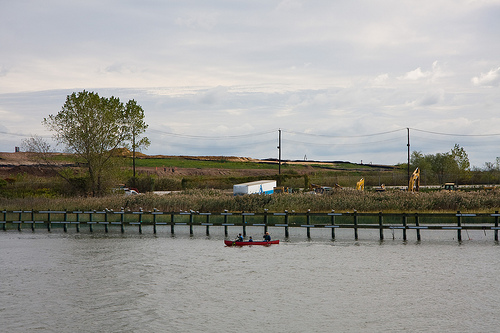By KATE MCLEAN
Introduction by AMY SANDE-FRIENDMAN
Scents conjure up times, people, and places distant from the here and now. At the heart of Kate McLean’s Sensory Maps is the power of aromas, their ability to trigger and concretize emotion and memory. McLean, born and raised in Britain, was inspired by the idea that we form our experience of place through sensory perception. She has researched, recreated, and charted the dominant scents of several cities to paint urban portraits through smell. This ongoing cartographic project is partially intended as a corrective in a world that strongly favors visual and aural information. Through capturing and diagramming the defining smells of a place, McLean tells a city’s history and describes its character. Like postcards and souvenirs, the heightened awareness of scent can enhance a visitor’s memories; for the residents of a community, local scents are signifiers of history and identity.













